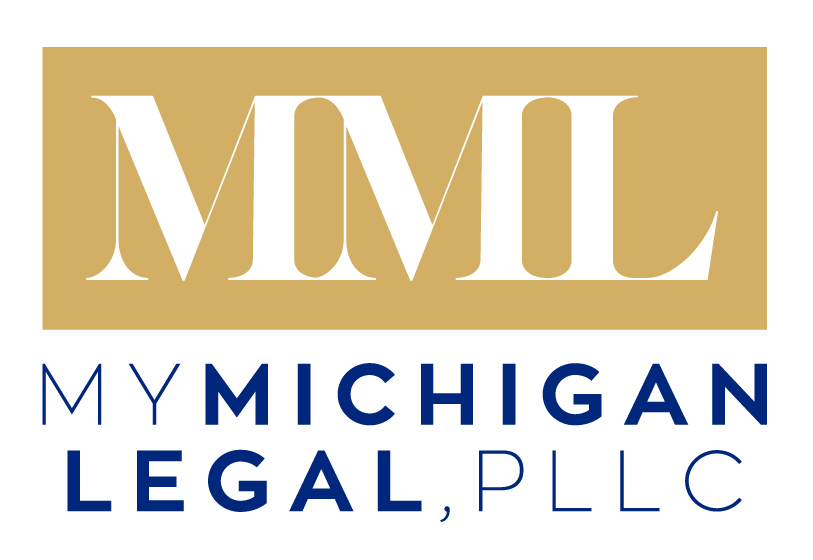DRIVER’S LICENSE RESTORATION
DRIVER’S LICENSE RESTORATION EXPLAINED
Driver’s license restoration is a legal process to that allows an individual to have their driver’s license reinstated by the Michigan Secretary of State. An individual requires this process to get a driver’s license back after it has been revoked due to operating a vehicle while intoxicated convictions. If you have had two or more operating while intoxicated convictions in the past seven years, then the Michigan Secretary of State will revoke your driver’s license and you will not be able to legally drive until they reinstate you. There is no automatic reinstatement of your license by the Secretary of State. Once your driver’s license is revoked, you cannot drive until you go through the necessary process to petition the Secretary of State asking them to allow you back on the road. You are required to prove to a Secretary of State administrative judge that you meet the necessary reinstatement requirements to have your driving privileges restored.
You are eligible to seek reinstatement of your driver’s license after one year has passed since the Secretary of State revoked your license because of multiple operating while intoxicated convictions. You are expected to include several items in your driver’s license restoration petition. You are expected to include the following documentation with your petition:
- A substance abuse assessment that is no more than 3 months old when submitted
- Three to six letters of support written by people who can attest to your sobriety
- Written and documented attendance of substance abuse support meetings such as Alcoholics Anonymous (AA) or Narcotics Anonymous (NA).
Once these documents are submitted, you will then file for a hearing from the Office of the Secretary of State. Your driver’s license restoration hearing will take place live, mostly over videoconferencing in front of an administrative judge. You are required to appear personally, either by yourself or with an attorney.
During the hearing, you will have to demonstrate at least a year of sobriety and point to reasons why your sobriety will continue. You have to convince the judge that you will not be a danger to others if your driving privileges are restored. You may have to provide passed drug tests or proof of counseling to get your driving privileges restored.
Hearing officers represent the Secretary of State and their job is to protect people on the road from high-risk drivers. So, if you are seeking to restore your driver’s license, understand that you have to prove that you are no longer a high-risk driver. To do so requires an effective plan and an organized approach. An experienced driver’s license restoration attorney can help you get your plan together, so you can handle these issues to give yourself the best chance to get your driver’s license back.
WHAT HAPPENS IF I AM DENIED?
If you are denied your license at a restoration hearing by a hearing judge, then you will have to wait one year before you can reapply for your license. Your only other choice is to appeal the decision of the hearing judge to the appropriate Circuit Court. The state Attorney General’s Office represents the State of Michigan at these hearings and generally defend the decisions of hearing officers denying reinstatement.
Appeals are limited to the information that was admitted and presented at a restoration hearing. You cannot typically add new information or retry your case in an appeal. Appeals are of the decision and record of the lower court. Circuit Court judges can reinstate your license in full and reverse the hearing officer’s decision if the judge decides to. Don’t bank on appeals as your best chance to win your license back is with a hearing officer. In most cases, being denied restoration means waiting a year before trying again. If you have been denied restoration, you have a limited time to seek an appeal before that decision is final.
THE MY MICHIGAN LEGAL DIFFERENCE
When you are seeking to restore your driver’s license, there are a number of factors that you will have to satisfy in order to get your license back. It is not enough to just meet the requirements listed. It is critical to exceed these requirements and leave no doubt in the mind of the administrative law judge that you deserve to be back on the road. If you do not go in there with that approach and attitude, then you may find yourself waiting another year before you can try again. At My Michigan Legal, we pride ourselves on making sure you understand every part of the process and what is needed to be successful so we can put your best foot forward to get you back on the road again.
WHAT IF I HAVE MORE QUESTIONS?
If you are seeking to restore your driver’s license, then you will likely have a number of questions. Finding a website like this one can be a great resource, but it is not a substitute for the advice of an experienced criminal defense attorney. If you have questions about your situation, then contact us at My Michigan Legal today.


